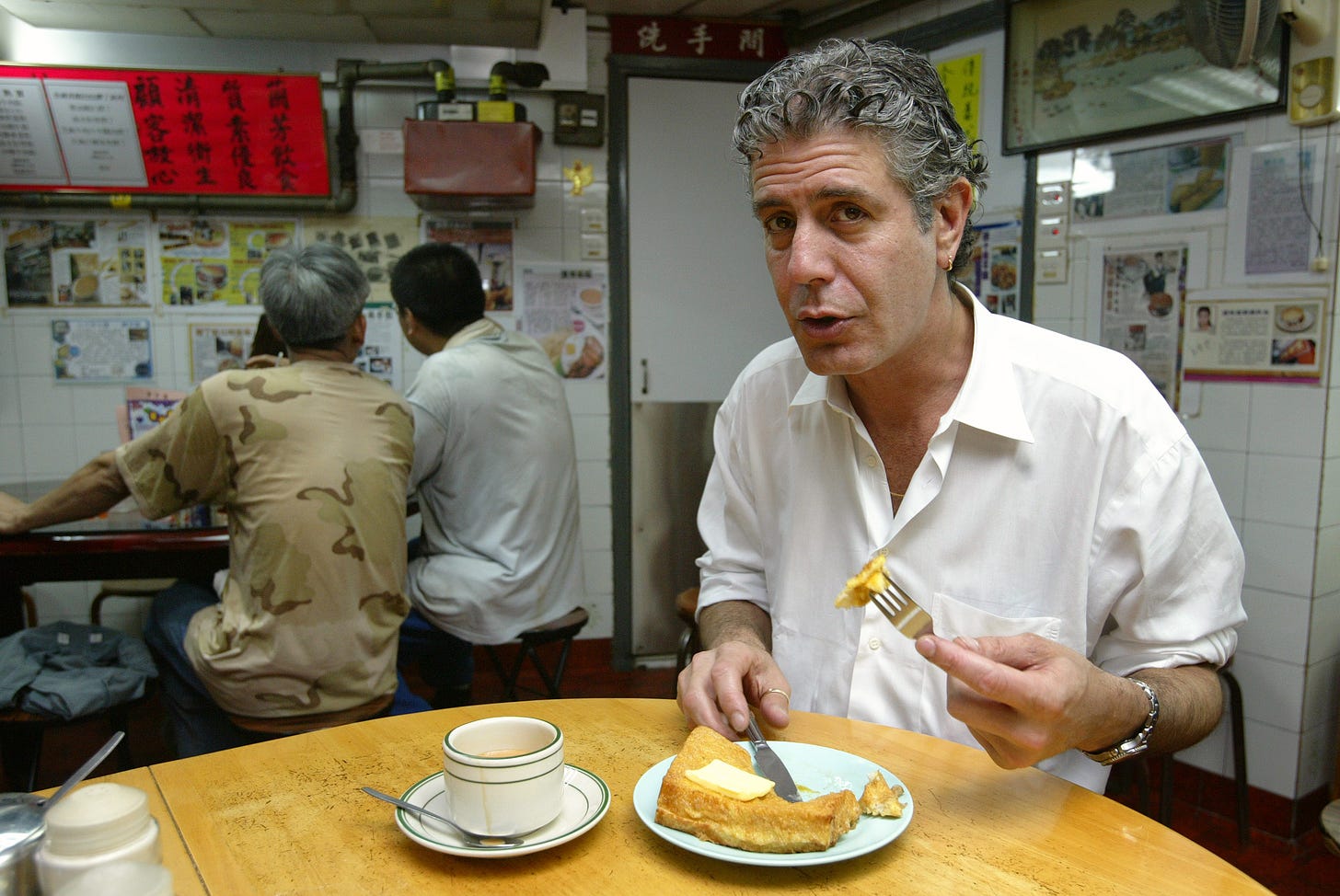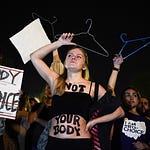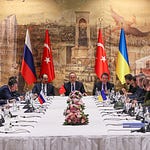Anthony Bourdain’s suicide in 2018 was a shock, not just to his loved ones but to the many fans for whom the chef, world traveller and TV host embodied living life with gusto. Following the tragic news, my friend David Klion described Bourdain’s impact in a very fine essay for The Nation. This week, David joins me on the podcast to get into Morgan Neville’s recently released Bourdain documentary.
Both David and I have reviewed the movie for, respectively, The New Republic and The Nation. In my review of the film, I wrote: “For his many fans, Bourdain was a figure not just to admire but also to emulate. He bundled together a fascinating set of contradictions. He had an enormous appetite for life but that hunger for new experience was enriched and elevated by a genuine social conscience. He ate and travelled not in the spirit of a hedonist but as a humanist, someone for whom nothing human, not even the eating of a live snake’s heart, was alien. He was curious about the world and had the gift for making readers and viewers share his questing spirit.”
The documentary, especially in the decision to recreate Bourdain’s voice with a computer program that reads from his emails and also the decision to not interview Bourdain’s final romantic partner, Asia Argento.
In our conversation, David and I try to unravel these and other knots as we discuss what it means that Anthony Bourdain died, but also that he lived.
(Post edited by Emily M. Keeler; podcast produced by Julia Elinore Peterson)
Share and Subscribe
If you liked this post, please share:
Or subscribe:















Share this post